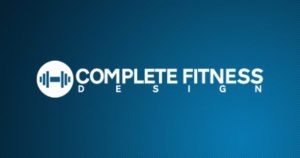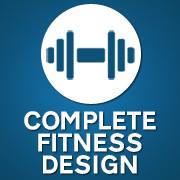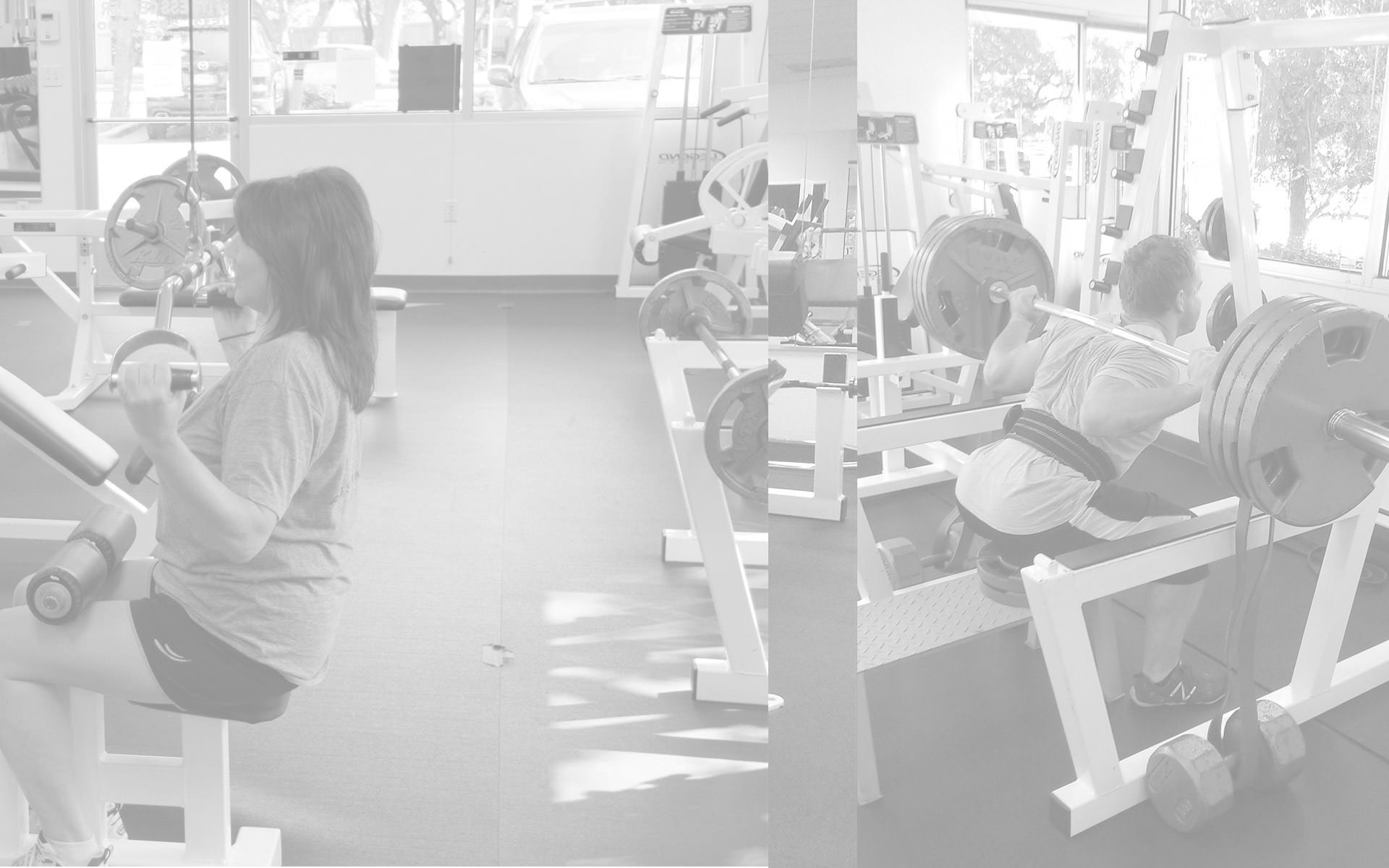
Are You Wondering Exactly What Is Personal Training?
What is personal training? To me, it’s just that. A personal trainer is not a hired friend, a therapist, etc. My job is to help you achieve your goals using a multifaceted approach that includes nutrition, exercise, and identifying and repairing weaknesses and imbalances, otherwise known as corrective flexibility.
In my 20 years of experience as an Austin personal trainer, I know full well that a one size fits all approach is not the answer. That to me is impersonal training. A personal trainer should not only have a very advanced knowledge of anatomy, but also of how the muscles work as well as how they work together. This knowledge is what allows me to easily identify tightness and imbalance in the body and then remedy the problem(s). An example of this would be someone who has a tight left shoulder region because they carry their stress there. With that often come tight pectoral muscles, scalenes, traps, and a rotation through the upper body. Being able to recognize and fix problems like this one example, is what makes it Personal training.
Another huge part of the job is the selection of exercises which too needs to be personal. The cliché trainer will direct a client to do 3 sets of 10 reps across the board. That’s not personal training either. That is someone following a clichéd formula widely available on the internet without being able to direct the client in what is truly beneficial for them to advance towards their goals. All exercises will need to have varying sets and repetitions prescribed so as to maximize the benefits and minimize the risks. Any exercise will require techniques to be employed that not only deliver the most bang for the buck, but promote safety, and when needed, restorative therapy to an imbalanced area. A personal trainer needs to not only understand these techniques, but be able to apply it to the client in such a way as to keep progress moving forward while you’re fixing problem areas and preventing further imbalances or injuries.
Nutrition is another area where a successful trainer has to be well versed. Once again, sweeping statements to everyone such as drink 8 glasses of water per day isn’t going to work. Nutrition is a complex subject and is one of the most important components of the client’s journey to good health and/or sports specific exercise. Everybody is different and that said, has different requirements that need to be addressed. A weekend warrior isn’t going to consume the same amount of protein as a bodybuilder, for example. With nutrition also come the effects of food. A good trainer will understand what certain foods do as far as the promotion or deletion of water weight, fat, and when to eat them. Blood sugar levels in women grow higher as they get older. It’s not a calories in verses calories out proposition when a 35 year old eats cookies but exercises regularly. To lose weight will be made that much harder because insulin will be secreted by the pancreas in order to stabilize the blood sugar levels. Now you have a hormonal issue which tosses the calories in verses calories out, right out the window.
What is personal training? Experience with different conditions is another thing that’s expected of me on my job. As I’ve been a personal trainer and a gym owner for many many years, I have extensive experience working with Crohns disease, RA, joint problems such as acl, lcl, meniscus and patella tendon issues in the knees, rotator cuff problems, ankylosing spondylitis, sciatica, lumbar spinal stenosis, degenerative disc disease, osteoporosis, scoliosis, low back pain, and on, and on, and on.

Andy

Latest posts by Andy (see all)
- Workout Motivation: How To Get Motivated To Work Out - March 9, 2022
- Body Fat Types: Subcutaneous and Visceral Fats - June 1, 2019
- Why Diets Work If You Stick With Them - April 1, 2019






